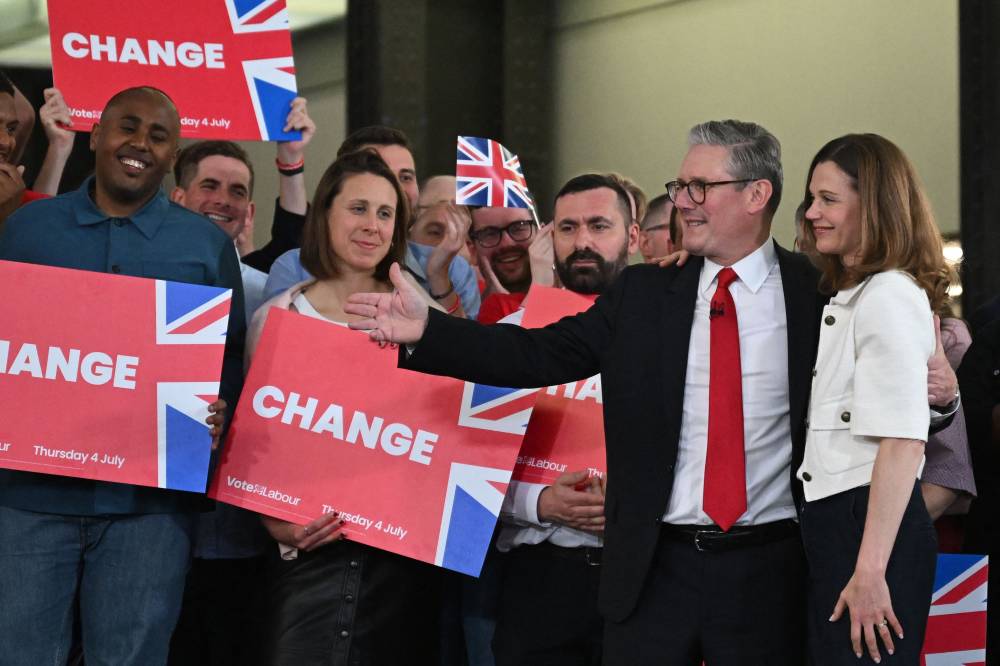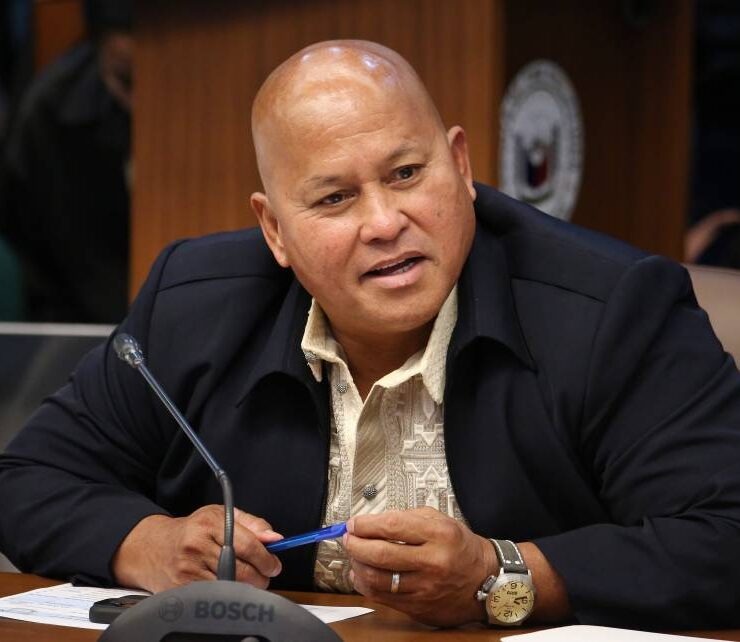UK: Labour crushes Conservatives

LONDON—Keir Starmer vowed to bring change to Britain as its next prime minister after his Labour Party surged to a landslide victory in a parliamentary election on Friday, ending 14 years of often tumultuous Conservative government.
The center-left Labour won a massive majority in the 650-seat parliament with Rishi Sunak’s Conservatives suffering the worst performance in the party’s long history as voters punished them for a cost of living crisis, failing public services and a series of scandals.
“We did it,” Starmer said in a victory speech. “Change begins now…We said we would end the chaos, and we will, we said we would turn the page, and we have. Today, we start the next chapter, begin the work of change, the mission of national renewal and start to rebuild our country.”
With about a dozen results still to come, Labour had won 410 seats, the Conservatives 117 and the centrist Liberal Democrats 70—their best ever performance.
About 250 Conservative lawmakers were ousted in the crushing defeat, including a record number of senior ministers and former Prime Minister Liz Truss.

A glum Sunak conceded defeat and said he had called Starmer to congratulate him on his victory.
“Today power will change hands in a peaceful and orderly manner, with goodwill on all sides,” Sunak said. “There is much to learn and reflect on and I take responsibility for the loss to the many good hardworking Conservative candidates…I am sorry.”
Despite his convincing victory, polls have suggested there is little enthusiasm for Starmer or his party. Thanks to the quirk of Britain’s first past the post system, Labour’s triumph looked set to be achieved with fewer votes than in both 2017 and 2019—the latter its worst electoral showing for 84 years.
Starmer also comes to power at a time when the country is facing a series of daunting challenges.
Britain’s tax burden is set to hit its highest since just after World War Two, net debt is almost equivalent to annual economic output, living standards have fallen and public services are creaking, especially the much cherished National Health Service which has been dogged by strikes.
He has already had to scale back some of Labour’s more ambitious plans, such as its flagship green spending pledges, while he has promised not to raise taxes for “working people.”
“I don’t promise you it will be easy,” Starmer said. “Changing a country is not like flicking a switch. It’s hard work. Patient, determined, work and we will have to get moving immediately.”
Much of the heavy damage to the Conservative support was inflicted by the right-wing Reform UK party, headed by Brexit campaigner Nigel Farage, who had campaigned strongly on curbing immigration.
Migration
Starmer has promised to scrap the Conservative’s controversial policy of sending asylum seekers to Rwanda, but with migration a key electoral issue, he will be under pressure himself to find a way to stop tens of thousands of people arriving across the Channel from France on small boats.
Within the Conservative Party, the recriminations and debate over its future direction began immediately, with some saying its failure stemmed from abandoning the center ground while others argued Reform had won over voters who felt the party had deserted its roots.
Reform has captured four seats, with Farage himself finally being elected to parliament at his eighth attempt, and won more than 4 million votes, often taking more than the Conservatives across swathes of the country.
“There is a massive gap on the center right of British politics and my job is to fill it, and that’s exactly what I’m going to do,” a triumphant Farage said. “Believe me folks, this is just the first step of something that is going to stun all of you.”
The growth in support for a right-wing alternative echoed recent similar results in Europe, where the far right have been surging.
But, unlike France where Marine Le Pen’s National Rally party made historic gains in an election last Sunday, overall the British public has plumped for a center-left party to bring about change.
Reuters, the news and media division of Thomson Reuters, is the world’s largest multimedia news provider, reaching billions of people worldwide every day. Reuters provides business, financial, national and international news to professionals via desktop terminals, the world's media organizations, industry events and directly to consumers.




















